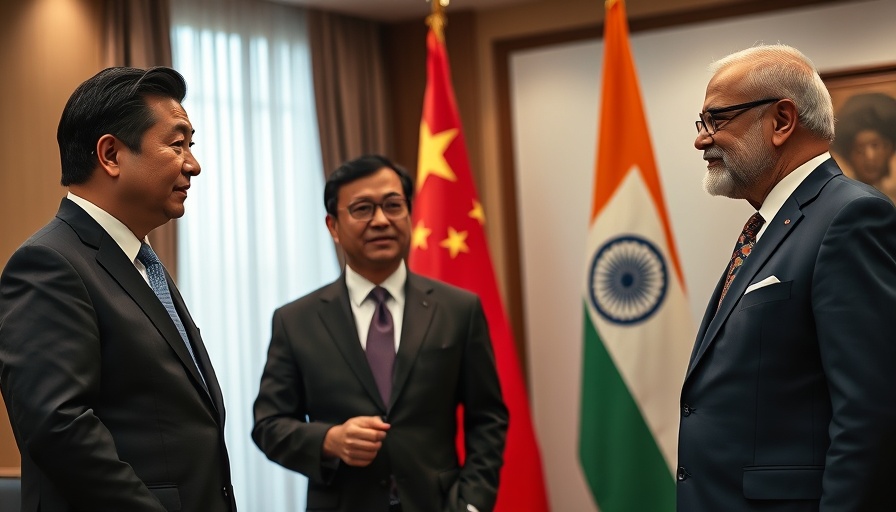
The Strained Border Relationship: A Historical Context
The Himalayan border dispute between India and China has been a contentious issue since 1962, affecting bilateral relations and instilling a deep sense of mistrust between the two nations. The 2020 clash, which resulted in the deaths of 20 Indian soldiers and at least four Chinese soldiers, reignited old wounds, revealing the fragility of peace in one of the world's most strategically important regions. This backdrop makes the recent visit of Chinese Foreign Minister Wang Yi to India a significant moment in diplomatic history.
In China’s Wang Yi visits India to meet Modi, aiming to ease border tensions and strengthen ties, we explore the key dynamics at play in this evolving diplomatic relationship.
Wang Yi’s Mission: A New Era for China-India Relations?
Wang Yi's visit signals an important step towards thawing relations between India and China, particularly as both nations seek to reassess their priorities in light of changing global dynamics. With the United States imposing tariffs on Indian goods and escalating tensions between New Delhi and Washington, India is more keen than ever to explore diplomatic avenues with its Asian neighbor.
Potential Obstacles: A Cloud of Mistrust
Despite the promising signs from Wang Yi's visit, deep-seated issues remain. The historical mistrust stemming from previous conflicts, coupled with Beijing's military support for Pakistan, looms large over the potential for genuine reconciliation. The challenge now lies in how both countries can navigate these differences while fostering cooperation for mutual benefit.
Looking Forward: Opportunities in Bilateral Relations
Wang Yi’s discussions in Delhi encompass various topics beyond mere border management, including Chinese investment and tourism. The announcement of resumed direct flights and the easing restrictions on Chinese investments showcases a willingness from both sides to foster economic ties. Still, as India opens its doors to Chinese nationals for visa applications, how long this newfound camaraderie lasts will depend on both nations' ability to address their longstanding grievances constructively.
What This Means for Global Politics
The evolving relationship between China and India is crucial not only for the two nations but also for global geopolitical stability. As they navigate a complex landscape marked by fluctuating alliances, the dialogue initiated by Wang Yi’s visit could reshape their futures and significantly impact regional politics, particularly in the context of U.S.-China relations.
Ultimately, the success of diplomatic efforts and future cooperation depends on both countries' willingness to commit to sustained dialogue and mutual understanding.
 Add Row
Add Row  Add
Add 




Write A Comment